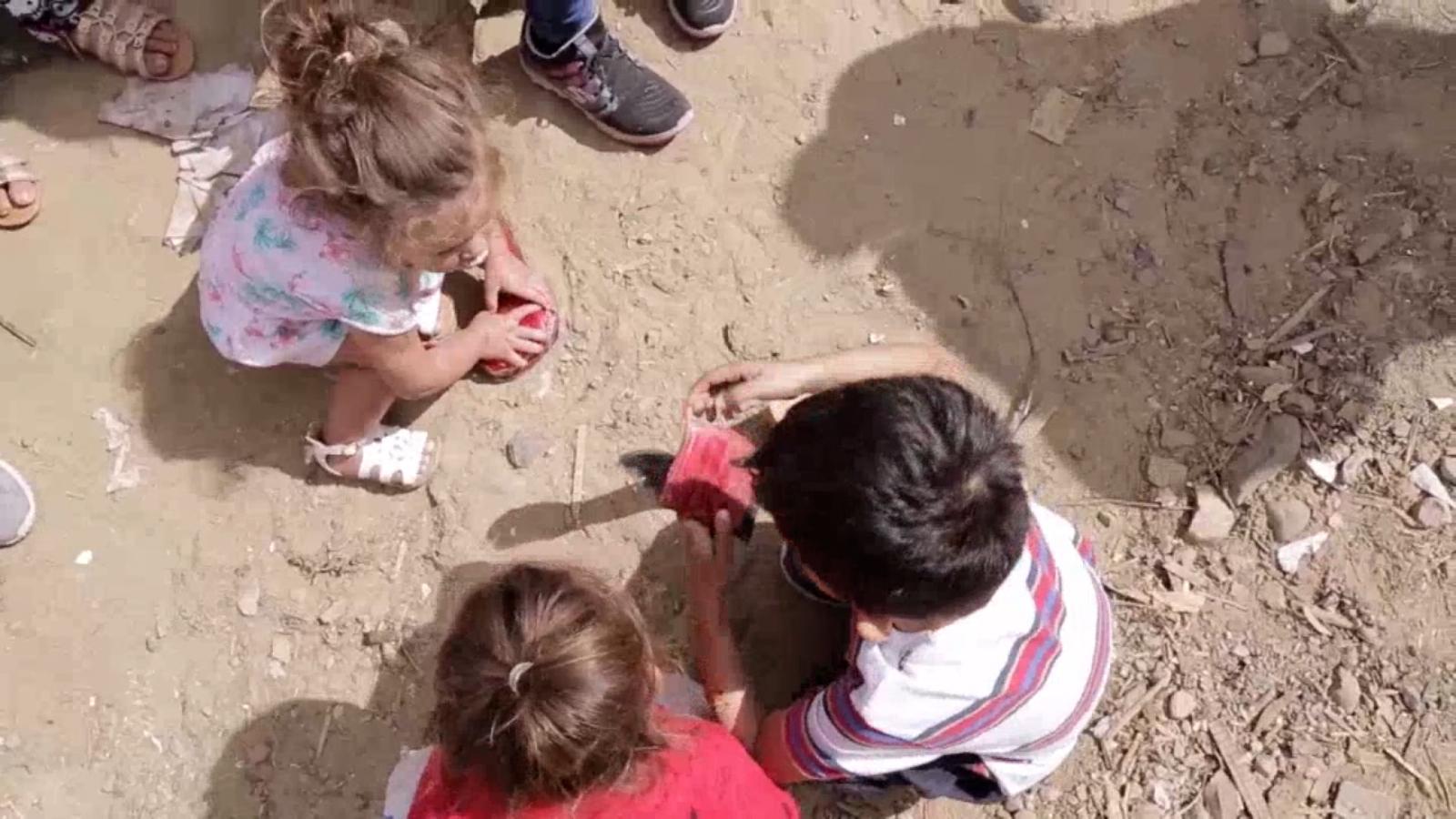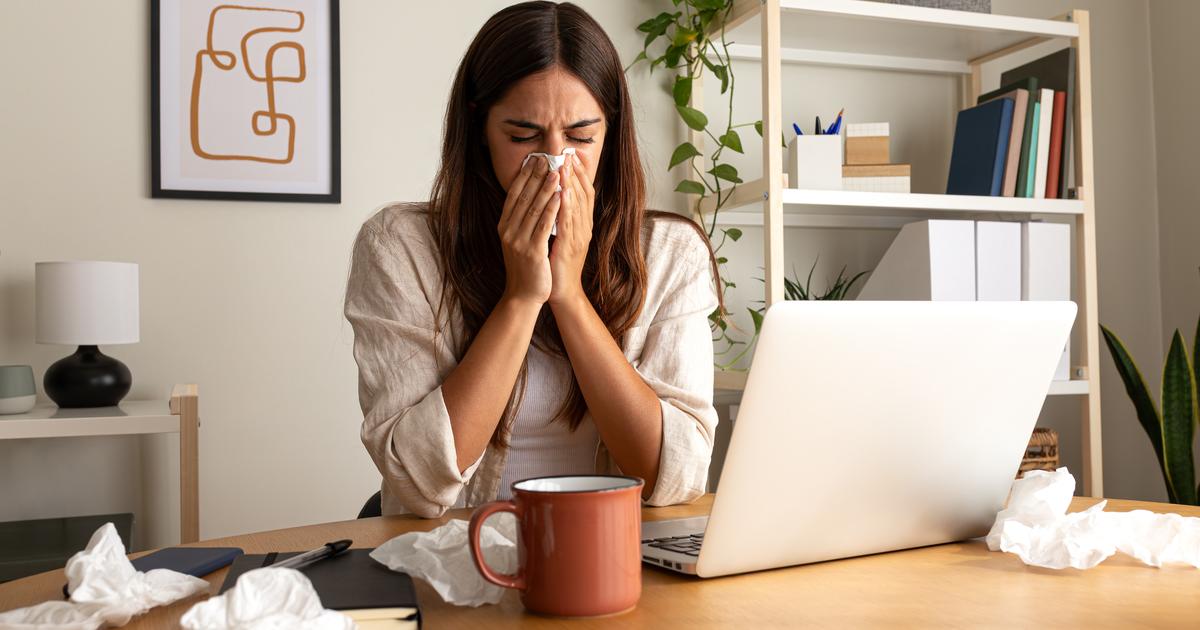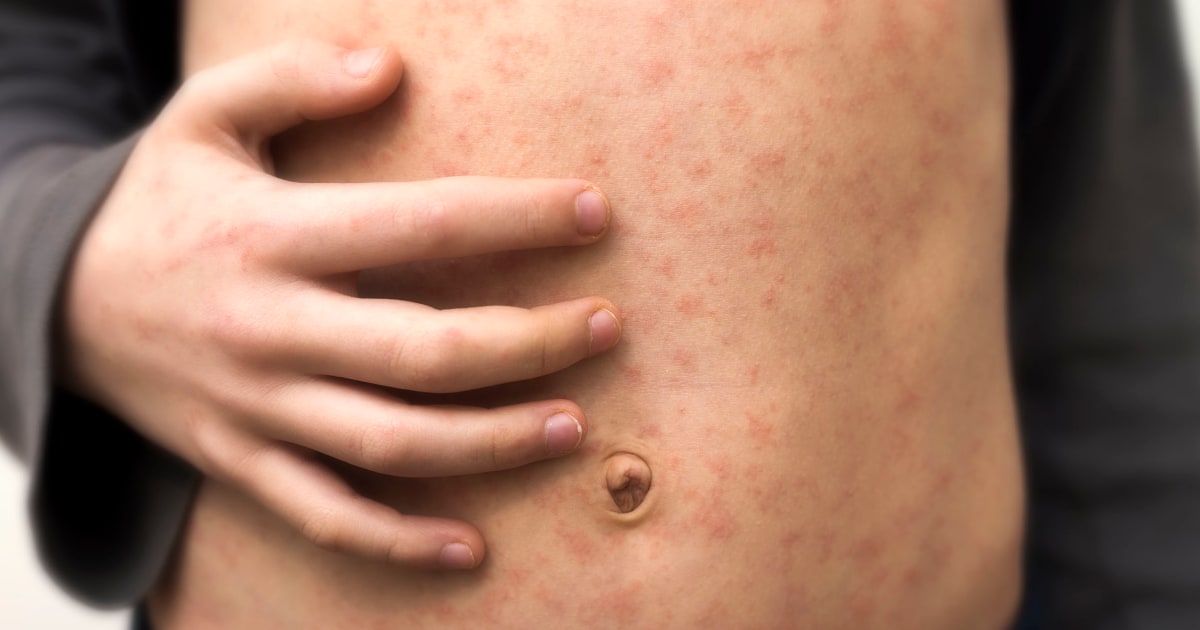How to travel safely with your unvaccinated children 1:37
(CNN) -
As the most contagious delta variant of the coronavirus spreads across the United States, doctors worry it could create another spike in covid-19 cases in the fall, especially in areas where vaccination levels they're short.
While many Americans have taken the opportunity to get vaccinated against the coronavirus, children under the age of 12 still cannot receive the covid-19 vaccine.
People not vaccinated against COVID-19, including children, are more vulnerable because it is more communicable, said Dr. Leana Wen, CNN medical analyst, emergency physician and visiting professor of health policy and management at the School of Public Health from the Milken Institute of George Washington University.
She is also the author of the upcoming book "Lifelines: A Doctor's Journey in the Fight for Public Health" and a mother of two young children.
"I'm concerned about the delta variant," US Health Director Dr. Vivek Murthy told CNN on Wednesday. The increase in cases in many small sections of the United States is, in fact, driven by the delta variant. '
Expert recommends not to stop using mask 1:55
Parents are free to decide how they want to protect their children, Wen said, but there are some strategies to reduce the risk of their children getting the delta variant.
Dr. Wen's concern
CNN: How is the delta variant different from the original strain of Covid-19?
advertising
Dr. Leana Wen:
There are three things we must evaluate when looking for new variants.
The first is transmissibility.
The delta variant is approximately 60% more transmissible than the alpha variant, which was already more contagious than the existing wild-type variants that were in the US Unvaccinated people are even more likely to be infected with the variant delta than any of the other variants we've seen so far during the pandemic.
The second consideration is virulence.
There is some data from the UK to suggest that people who are infected with the delta variant are more likely to be hospitalized and have a serious illness.
The third is whether the vaccines we have will provide immune protection against the delta variant.
It seems that the vaccines we have work against the delta variant.
They appear to be less effective against delta than against alpha and other previously dominant variants.
Delta variant now predominant among new cases in U.S., says researcher
CNN: Children under the age of 12 in the US are not yet eligible for covid-19 vaccines. How careful should parents be?
Wen:
This is something I think about a lot as a parent of two young children, ages 1 and almost 4. That is why I have been very concerned about the lifting of the mandates for indoor masks. I am not concerned about my children or other children not vaccinated against COVID-19 who are around fully vaccinated people. But I am very concerned that people who are not vaccinated are close to others who are not vaccinated, whether they are children or adults.
Because the delta variant is much more contagious, there is no margin for error.
If someone is infected who is not vaccinated and there are other unvaccinated people around, there is a greater chance that those unvaccinated people will get COVID-19, and that includes children.
I would continue to urge unvaccinated people to behave as if they are at high risk because the pandemic is not over for unvaccinated people.
Delta variant may affect recovered patients 0:32
Summer camps for children and covid-19
CNN: What are some specific strategies parents can implement to keep their unvaccinated children safe?
Wen:
Different parents make different decisions when it comes to risk, and that's okay.
My family is choosing to be very cautious for the moment.
And what that means is that we are happy for our children to go on play dates and socialize in outdoor settings.
We invite people to our backyard.
We go to other people's backyards and meet other families at pools and parks.
Children do not need to wear masks outdoors and we do not socialize with unvaccinated people indoors.
CNN: What should parents keep in mind when sending their kids to summer camp?
Wen:
My son is going to a predominantly outdoor camp.
We are happy to do that and not wear masks in outdoor spaces.
If we are indoors, we will only have our children near other fully vaccinated people.
If they are going to be inside with other people who are not vaccinated at the camp, they must wear masks.
Delta plus shows alarming effects 0:57
Ideally, meals at the camp are served outdoors.
If served indoors, children should be at least 2 meters apart while eating and should not wear masks.
For camps for children over 12 years old, ideally, they require vaccination against covid-19.
If they do, it would be a very safe environment and they could end masks and distancing.
If there are people with mixed vaccination status, then indoor masks should still be required.
Each family needs to decide the level of risk they want to take together as a household.
Some families may agree that their children associate with other people indoors who are not vaccinated.
Many parents will want to be more cautious.
And if that's the case, they might consider asking the camp if they can impose a mask mandate.
Do you live in one of the 5 US states where the delta variant would be most dangerous?
If most of the other children do not wear masks and your child is uncomfortable with the option of wearing the mask indoors, parents might consider taking their children out.
Summer trips
CNN: For families hoping to travel this summer, what should parents keep in mind when traveling with their unvaccinated children?
Wen:
Again, this depends on the family's tolerance for risk, and mine is being particularly cautious.
We are very comfortable traveling by car because we can control where we stop.
We also feel comfortable staying in an Airbnb or hotel and going to outdoor restaurants, but we will not go to indoor restaurants with our unvaccinated children.
We were taking my almost 4 year old son, who is very good at masking himself, on a flight.
With my 1 year old, who can't wear a mask, we wouldn't.
If you are visiting an amusement park, they can be safe and low risk if you stick to outdoor activities.
Avoid indoor environments and try to avoid places with large crowds.
The journey itself is not what worries me the most.
It is what people choose to do once they reach their destination.
Make sure the kids stay outside to eat too.
We don't want the care that has been taken, for example wearing a mask on a flight or staying outside at an amusement park, to be worthless just for the whole family to go to an indoor restaurant or socialize with the extended family. or friends inside who are not vaccinated.
coronavirusCovid-19InstaNewsChildren















